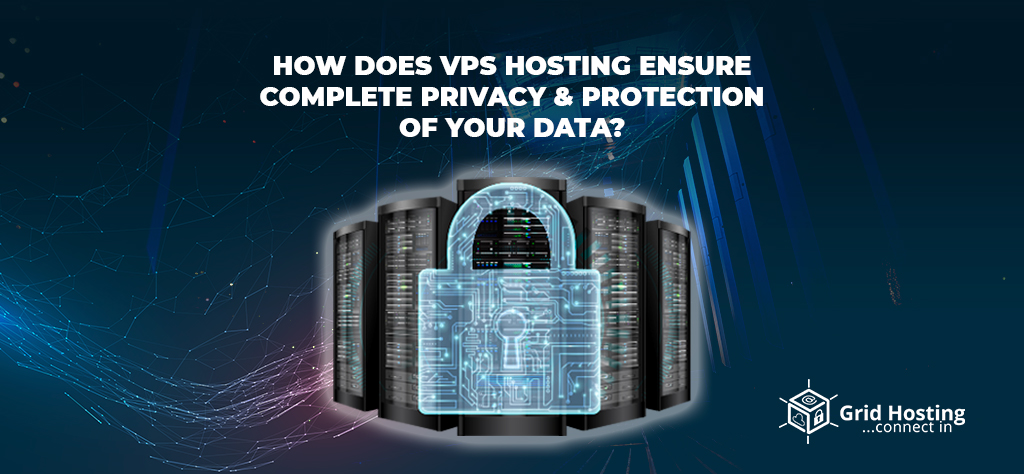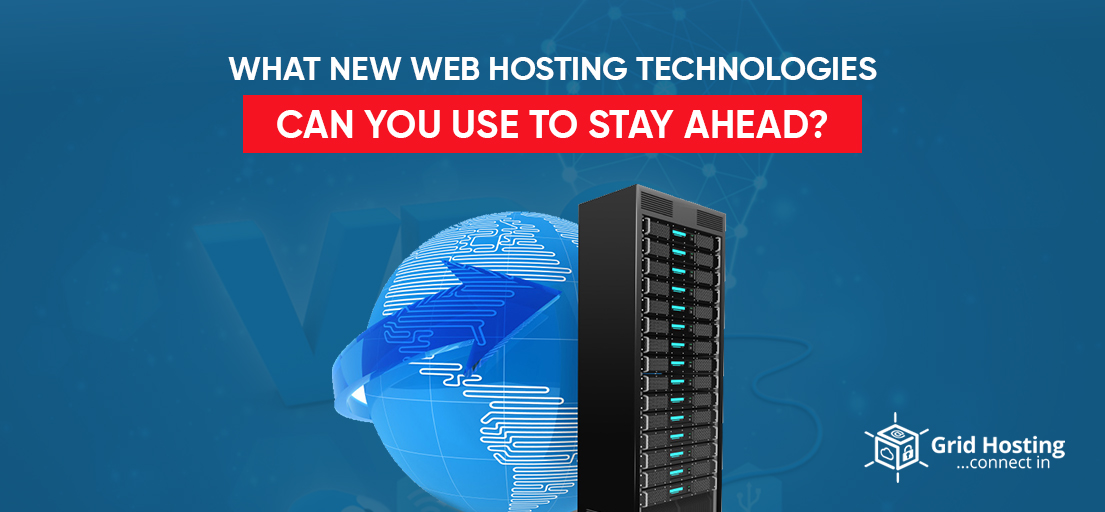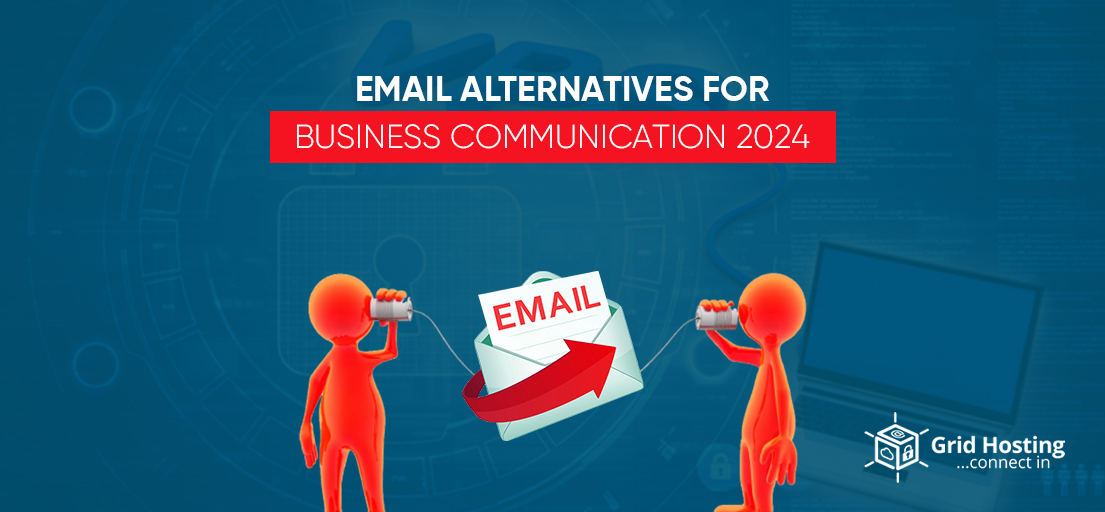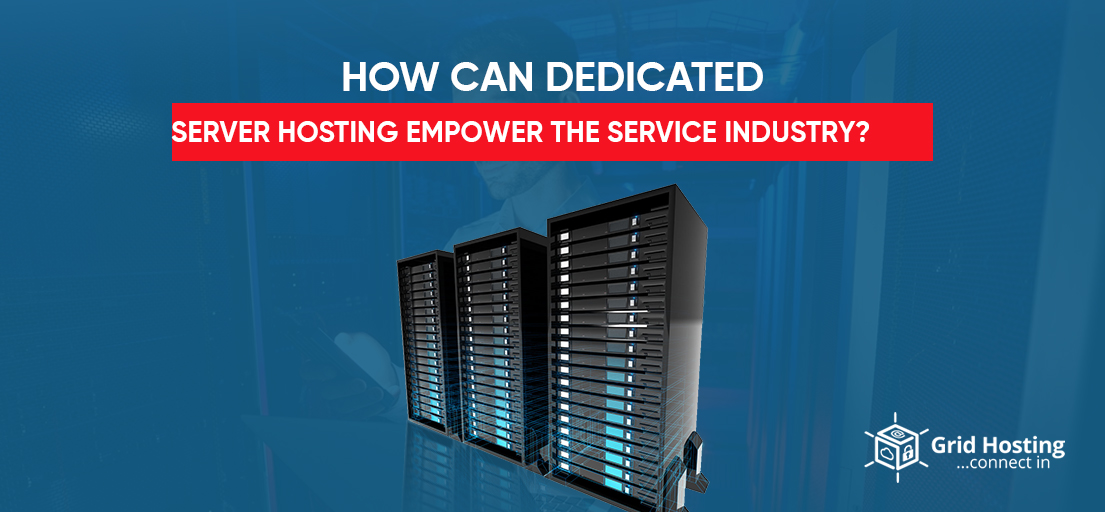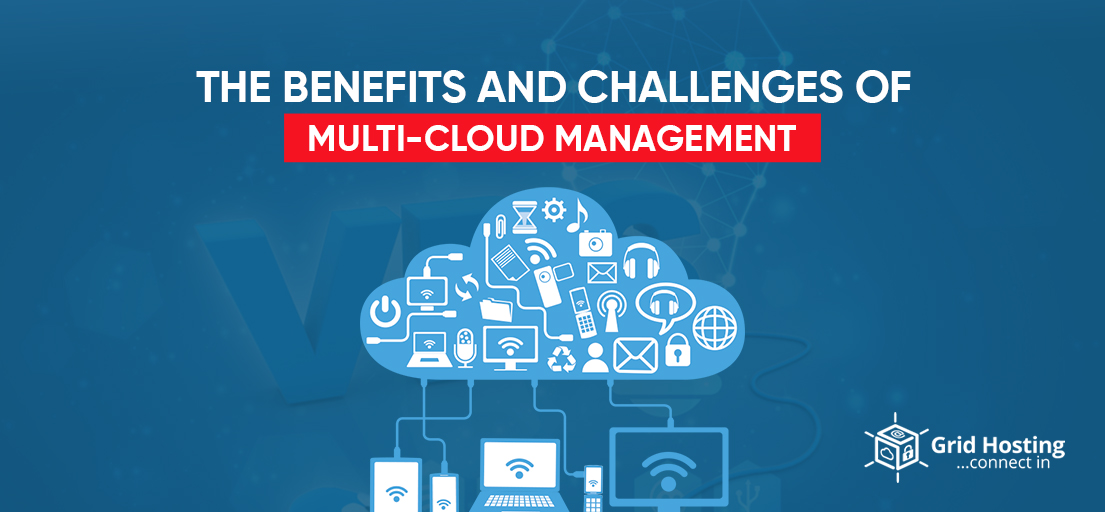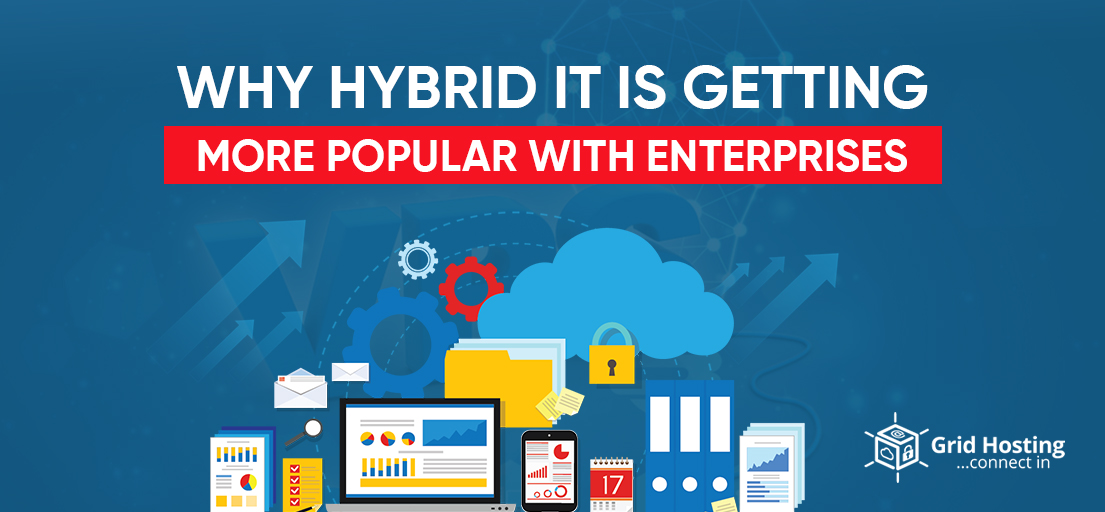Data is a business’s most valuable asset in the 21st century. Thus, data protection is the first primary concern of any online business. It is no less than challenging to ensure the security and accessibility of both your and your client’s data.
Making a wise decision about hosting vendor selection would help you a lot. VPS hosting is one of the most secure options, and we will discuss how in this article.
What is VPS?
VPS is the abbreviation of Virtual Private Server. A single physical machine hosts many virtual servers using the server virtualization technique. All websites get dedicated resources on one server. Hence it gives the best of both dedicated and shared hosting.
It is better than shared hosting in terms of security and stability. Moreover, it is better than dedicated hosting in terms of cost. VPS offers good privacy and isolation, just like a dedicated server. VPS keeps your files and databases separate from other service users. Nobody other than you can assess your information unless you allow them.
The next step is to consider if you need managed or unmanaged VPS.
Managed VPS is when the hosting provider handles updating, configuring, running, and maintaining VPS. It will be a good option if you are not too comfortable running the server by yourself.
In unmanaged VPS, a hosting provider offers significantly less support. Server administration, maintenance, and configuration all will be your responsibility.
How Managed VPS Helps With Privacy & Protection
Here are some ways managed VPS can help you maintain privacy:
1: Continuous Support – You have the support team if you go for a managed VPS. These people have enough experience in handling threats and security breaches.
2: Regular Updates – Latest security patches ensure your server is safe from the latest threats. Managed VPS helps you protect your data and system by releasing updates to prevent hackers from getting into your system.
3: Cloudflare and DDoS Protection – Many vendors will help you prevent DDoS attacks with Cloudflare. Hence, managed VPS enables you to keep servers operational.
4: Anti-Virus and other protections – Managed VPS hosting is a complete security package. It runs malware scans and vulnerability scans and provides real-time threat intelligence.
5: Hardware Upgrades – The failure of a hardware drive can put your data at risk. Managed VPS offers a dedicated team to monitor risks and make necessary upgrades. As a client, you can also request more RAM or a hard drive with more storage.
6: Backups – Backups are the pillar of any security system. Managed VPS keeps you safe through daily backups to ensure that you can restore your data in case of any failure. In addition, it may use the cloud to store the data, so you do not have to worry about server crashes.
You May Also Like to Read: 6 Reasons to Use Windows VPS Hosting UK for Growing Website
How to Use Unmanaged VPS For The Best Privacy & Protection
You can still ensure complete privacy and protection using an unmanaged VPS. Here are a few tips and tricks you can use:
- Audits: You need to know what is going on in your system. That makes the audit more than necessary. Audits will show you the vulnerabilities of the system in time. Some of the tools you can use for the Audit are Bastille, Logwatch, and Linux Security Auditing Tool. Audits can help you take the necessary steps for data security.
- Firewall Configuration: It would help you block unwanted traffic. The firewall also helps with DDoS attacks.
- Find Vulnerabilities & Close: Think if all services and applications running on your server are necessary for functioning. Also, think about whether important ports should be open to the world. Unnecessary applications make your server vulnerable. Find all open network ports and close them with the help of “iptables.” You can disable unused services through “chkconfig.”
- Update + Backup: Both are any system’s first line of defense. Keep updating your system to get patches for vulnerabilities in older versions. Also, ensure you always have backups so you can go to the last saved version in case of an emergency.
- Use Best Practices: Some of them are running regular malware scans, checking security logs, and signing up with DDoS protection providers.
- Strong Passwords: Use as strong passwords as possible. Make it as challenging to guess as possible. It should be a combination of special characters, numbers, and both upper and lower case letters.
Whichever type of VPS you use, there will be plenty of options to ensure maximum protection. Make sure that you make full use of all those options.
For Special discounts and offers, visit our official Facebook Page.

